This may seem like an obscure genre, but there’s a good few of these movies out there…. there’s even some I didn’t include because they weren’t any good! With all of these it’s helpful to have the barest of outlines of modern Latin American political history, but not necessary.

tells the story of a little boy whose parents were affiliated with the hard left of Brazil in the late 60s (early 70s?) and who are forced to flee the country. They drop him off at his grandfather’s apartment in Sao Paulo…
and ((this is a spoiler, but it only spoils the first five minutes of the movie)) his grandfather subsequently dies of a heart-attack. He’s taken care of (somewhat begrudgingly and at a distance) by the other members of his grandfather’s synagogue. This movie really attempts to tell the story through the understanding of a child, so there’s politics always in the background, but it’s never entirely clear what is going on, where his parents have gone, or what most people’s intentions are. I hope this doesn’t sound like faint praise, this is a really delightful film.
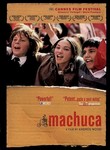
This is a story about lost innocence, as the main character befriends a poor kid at his school he begins to see the world outside of his upper middle class bubble. The movie is set in Chile in 1973 just preceding the coup against Allende, and a lot of this story is about a fragile friendship between boys of vastly different class backgrounds. But, really, a lot of this movie is just about class itself, politics, and history. The film gives a vivid feeling for the tumultuousness of the times: showing political fights in the school, competing political rallies, and the severe contrast between the upper class suburbs and the shantytowns.
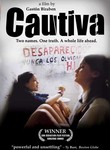
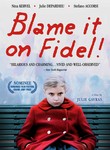
honorable mention:
Postcards From Leningrad is a Venezuelan film from 2007, similar in theme to The Year My Parents Went On Vacation (but I didn’t love it).
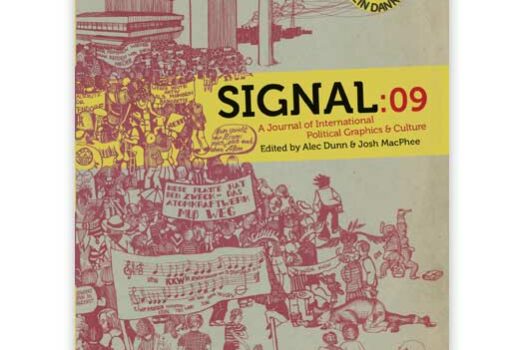
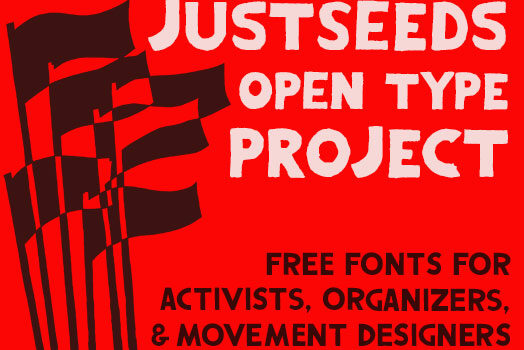
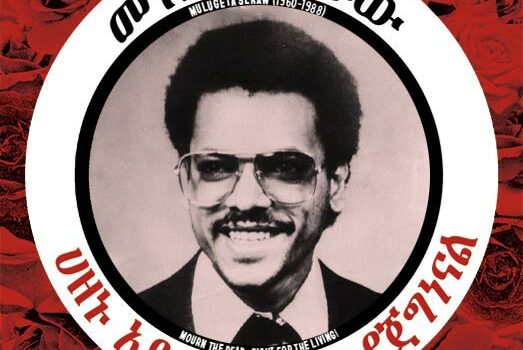
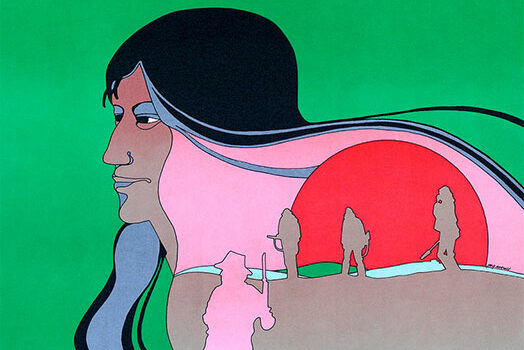
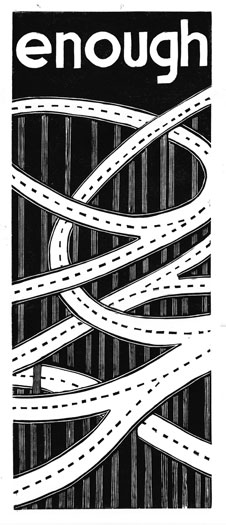
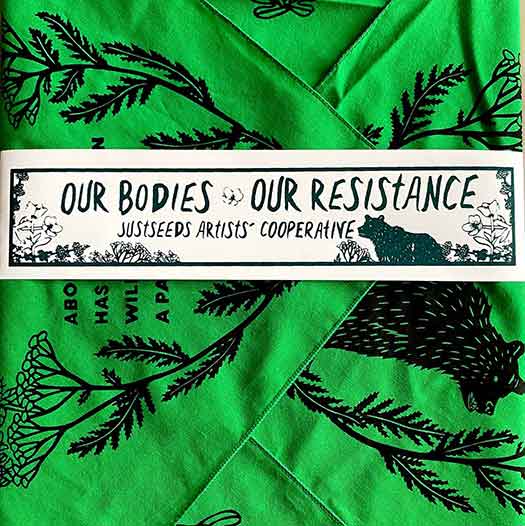
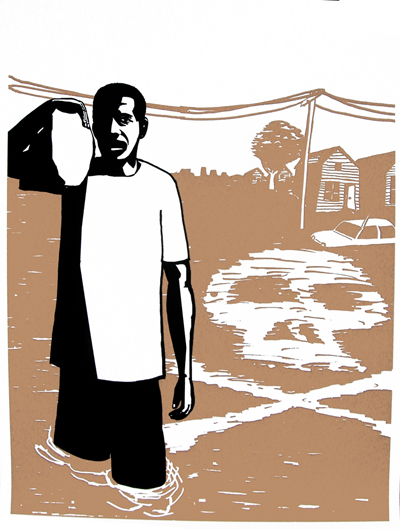
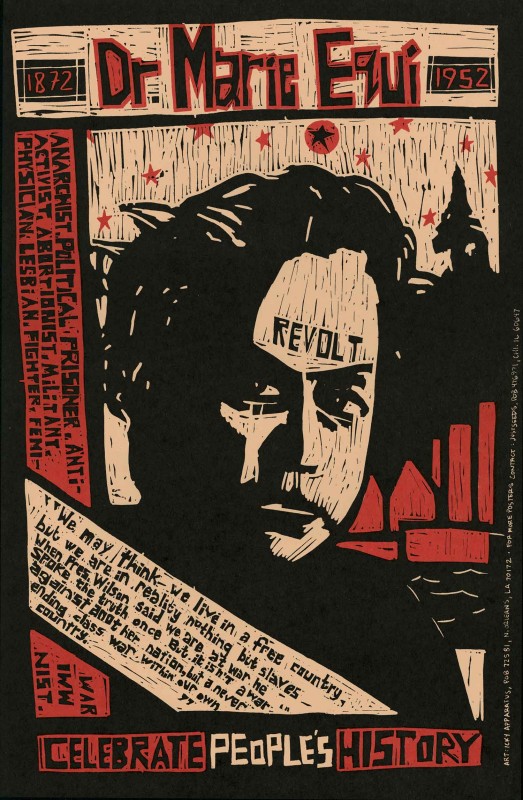
full disclosure: i love brazilian culture and especially during the dictatorship, the time in which the film is set. it gave rise to tropicalia in 1968 and was the heyday of architectural genius oscar neimeyer.
initially i though the film was too slow. admittedly, i knew nothing about the brazilain jewish community and feared the film was going to focus on this too much. but boy, before i knew it, by the time mauro is hanging with his friends on the streets of sao paulo, i found myself laughing my ass off. and yeah, tears welled up shortly thereafter.
what an engaging, heart lifting story of perseverance.